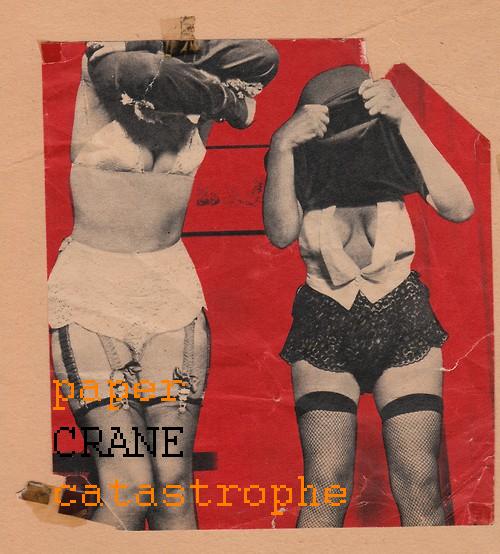It struck me the other day. The realisation. “Oh my saintly aunt,” I gasped, “the first person is dead!”
Don't panic, dear, I'm not a mad scientist with a battery of human guinea pigs tucked away in my labcoat. I was referring, of course, to the grammatical first person. What I am writing in at this very moment. Quite possibly that’s enough to make you reach for that little cross at the top of your screen, but bear with me.
So when I said dead, I meant dying, and by dying I mean falling into relative disuse. “That’s impossible,” I hear you splutter, “all language is predicated on the Self, the I, the translation and transformation of subjective experience into collective understanding! How can the I become obsolete?!!”
Honey, I know. It knocked my socks to Timbuctoo as well. But I think you'll find my reasoning is, as always, impeccable:
Cast your mind back to the goode olde dayes of the high and the low, the aristocracy and the peasants, slave-ownership and servantry. The days when you were born into a class and you lived in your class and you married in your class and everyone was fairly cheerful about it. Or so history tells us. History was written, after all, by those who weren't too busy scavenging scraps off the street to worry about preserving the past for posterity and so forth. But Valerie, dear, something happened. The Divine Right of Unequalness gave way to ideas of equality! Of common human experience! Of the unfairness of economic segregation! To the idea that all humans are born equal!
I hear you spluttering again. Do control yourself.
What happened, according to my newest favourite historian Lynn Hunt, was nothing less than a quantum shift in collective psychology during the eighteenth century. Two things occurred, or rather, they grew: individualism, and empathy.
Sorry to oversimplify here, but I'm impatient. Ms Hunt identifies, among countless other influences, two culprits for said quantum shift. The first was the popularisation of portraiture in art. Before that, depictions of masses of people with a religious bent had been all the rage. Being painted individually, Ms Hunt opines, reflected or encouraged the growth of individual subjectivity. The second was a boom in epistolary novels - novels written as a series of letters, like that naughty book Les Liaisons Dangereuses. These were written in the first person. When people read them they peeked into other people's lives and saw the differences, and also the similarities. Voila! Empathy! And these twin forces united to erode the barriers between men and other men (not women. Or slaves. Or gypsies, homosexuals, Jews, the disabled, the outcasts, the misfits, the left-handed, the savages who lived in far-away lands. But darling, we're getting there).
What has this to do with grammar, I hear you ask? Everything. Because now, in this postmodern chaos of all-equal billions of voices, there are too many I-s! No one wants to know any more! We're all the same: we know! We've heard it all before! Even our stories have been reduced to seven basic plots! And haven't you been noticing, lately, the burgeoning of the second person? It's frightful, darling, I really can't stand it. "You are about to begin reading Italo Calvino's new novel, If on a Winter's Night a Traveller. Relax. Concentrate. Dispel every other thought. Let the world around you fade. Best to close the door; the TV is always on in the next room. " No it isn't, and no I won't! It's as if we have been reduced, in this clamouring hubbub of voices, to hitting poor souls over the head with our own experience by making them live it themselves! As if we can't be trusted to choose to share someone's experience; it has to be forced upon us!
And so, Valerie, I propose a solution: the fourth person. Little-used and little-understood, it is the perfect tool for achieving the destabilised self so popular with postmodern theorists. Observe:
"One is about to begin reading Italo Calvino's new novel, If on a Winter's Night a Traveller. One relaxes. One concentrates. One dispels every other thought. One lets the world around one fade. One decides it is best to close the door; the TV is always on in the next room."
The first person is dead! Long live the fourth!
Incidentally, I saw a photo of a guinea-pig-on-a-spit the other day. It was obscenity with claws.
Too-roo my dear. I’m off to fetch my socks.
Love Penelope.
Saturday, November 7, 2009
Subscribe to:
Post Comments (Atom)


'I' heart Penelope!
ReplyDelete